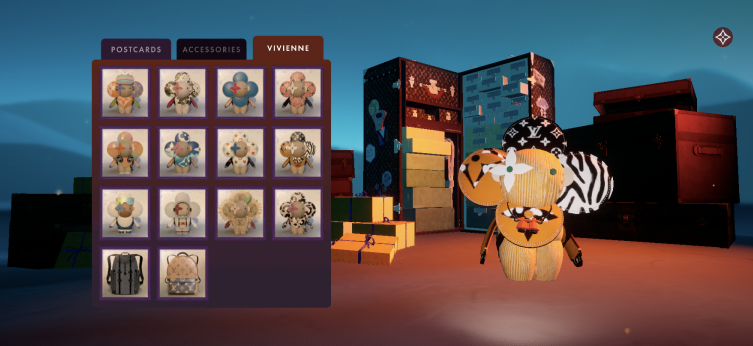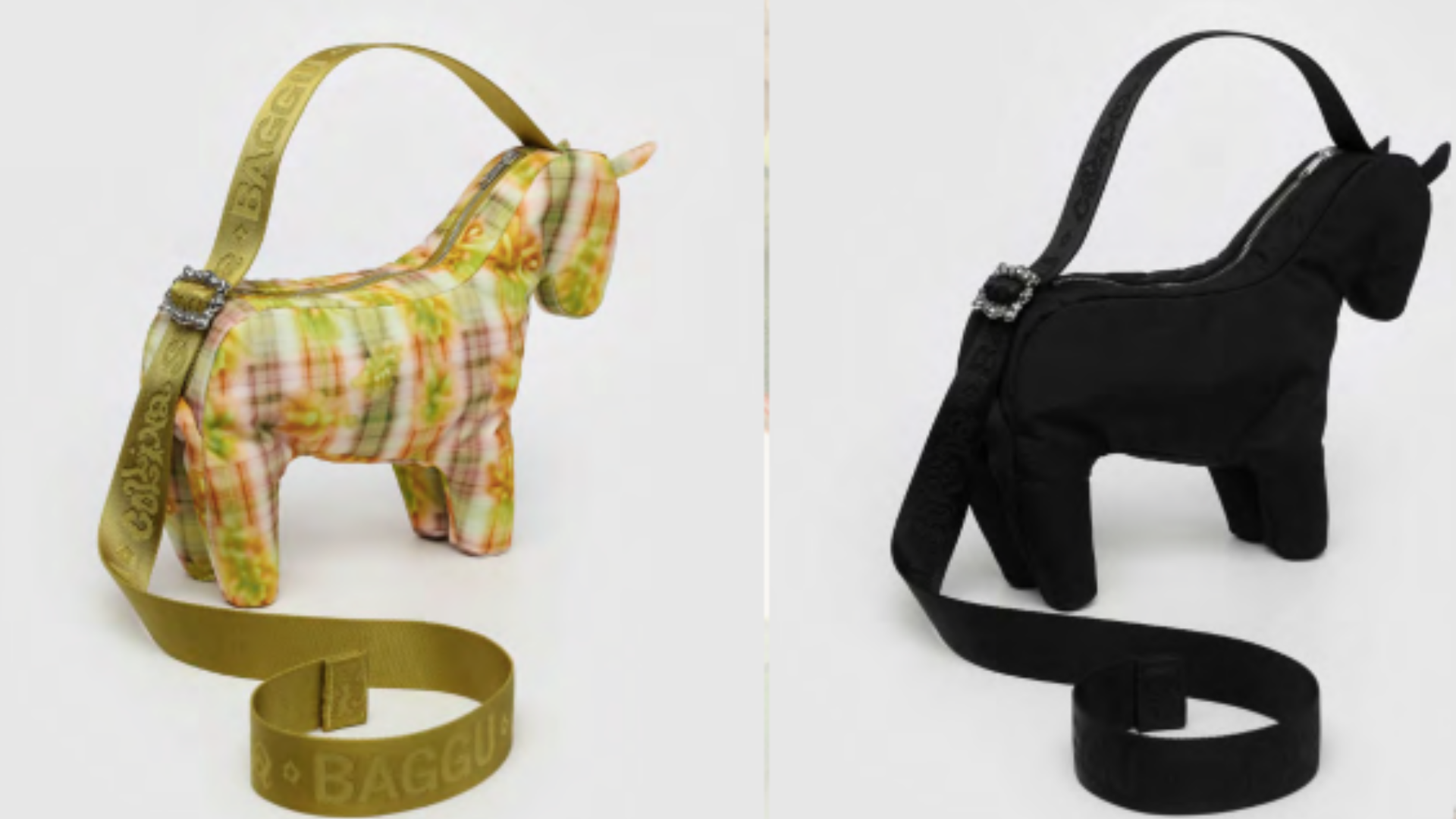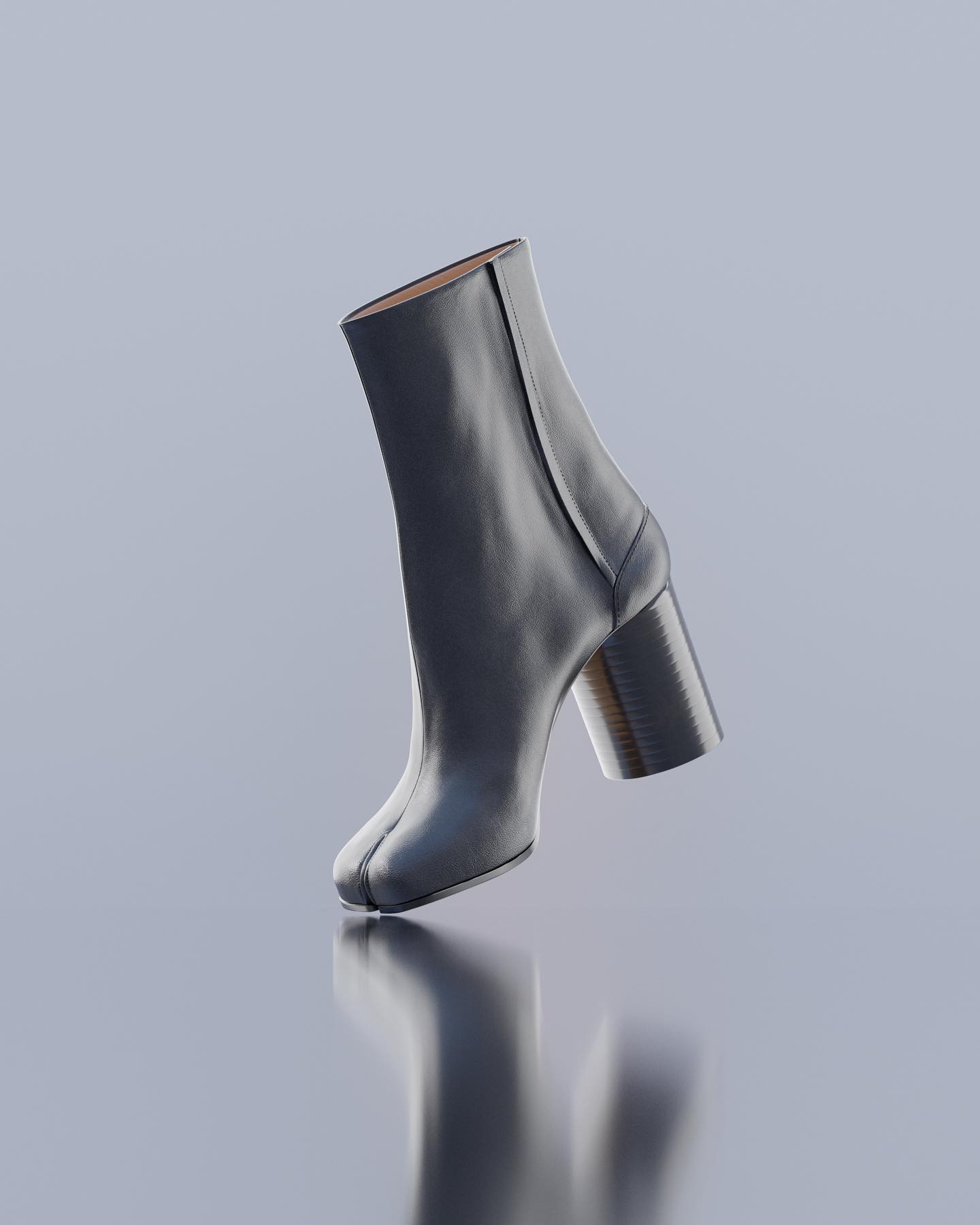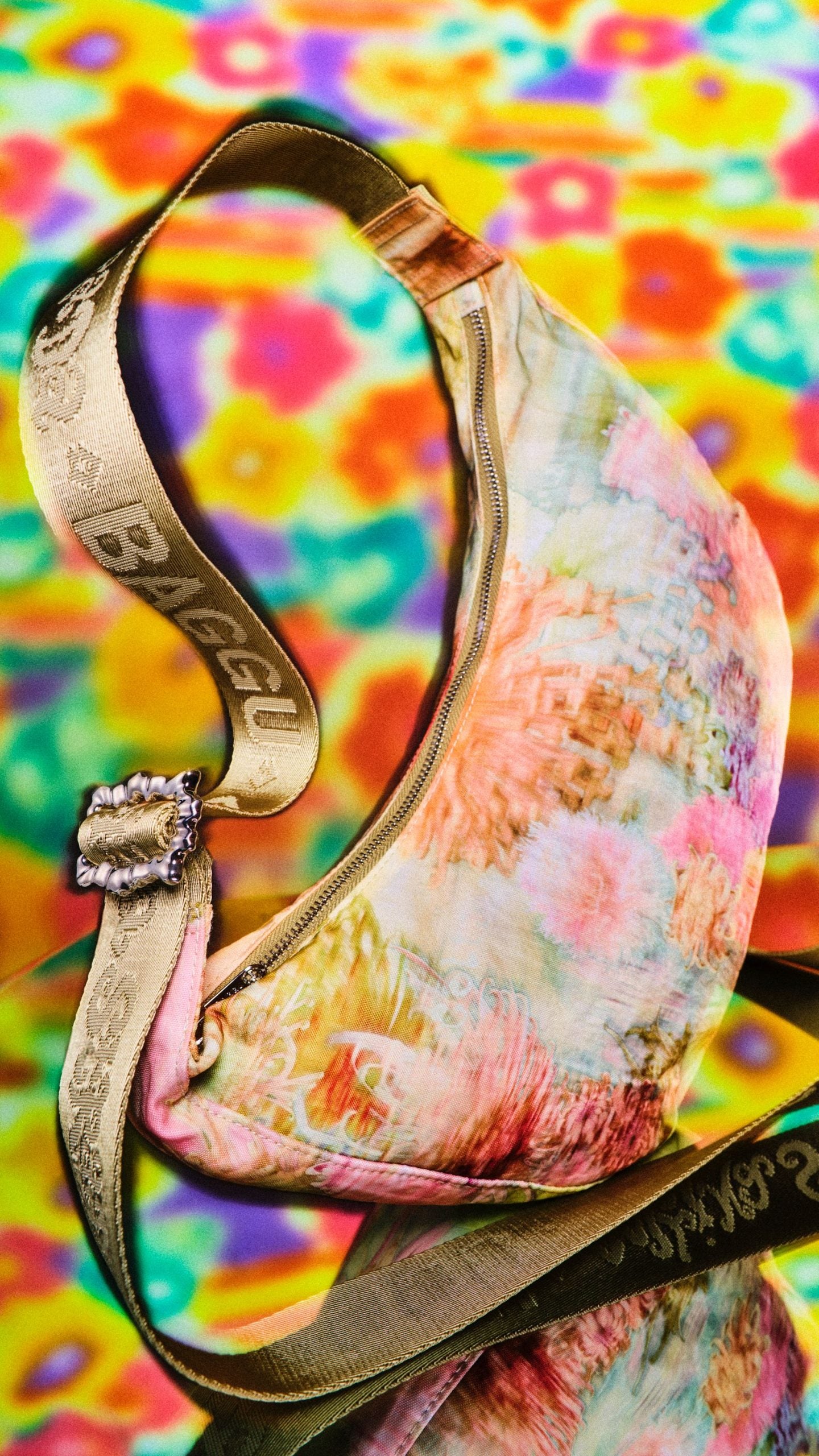With virtual reality and augmented reality technologies reaching unprecedented heights, the metaverse emerges as a tantalizing frontier for fashion innovation. In this dynamic space, the traditional notions of exclusivity and craftsmanship take on new dimensions, offering immersive experiences that transcend physical constraints. The metaverse has risen to fuse reality and fantasy, boldly redefining the parameters of luxury fashion in virtual realms.
Luxury is often synonymous with exclusivity, and the digital world can seem far removed from this realm. However, digital technology offers a unique opportunity to enhance luxury products and experiences. Reuters predicts that the revenue opportunity for virtual luxury goods could reach $50 billion by 2030. Burberry, Balenciaga, and Louis Vuitton are among the pioneers in this evolving industry. According to Market Watch analysts at Morgan Stanley projected in 2021 that the market for virtual luxury goods could be as large as $50 billion by 2030, driven by demand for NFT collectibles and other digital assets.
Louis Vuitton embraced metaverse fashion in August 2021 by launching a video game with collectible NFTs named “Louis the Game.” Balenciaga followed suit in September 2021 by creating virtual versions of its boutiques, and a real-life Fortnite x Balenciaga series has also been developed. Kandine James, from an agency involved in similar projects, described a virtual showroom for the high-end fashion label Diesel, which includes physical watch tokens, 3D fashion, live performances, and AR activation.

Most recently, Collina Strada utilized artificial intelligence (AI) in a collaborative collection with Baggu. It was met with a bit of criticism online upon its launch. Whimsical prints were emblazoned on numerous bags as a part of the larger line that became available for purchase this week. Collina Strada is largely associated with eccentric designs and colorful creations.
One piece in particular, a horse-shaped one titled the Horse Bag with pony legs and other bags in the collection brought forth quite a few opinions before their release–fans were excited ahead of the drop. Upon the official release, various positive and negative perspectives were posted online when it was revealed that AI was a part of the creation of the collection.

According to product pages on Baggu’s website, Midjourney was utilized to conceptualize prints in the collection. The site noted the following disclaimer on product pages: “Boxer Plaid is an AI-conceptualized print from Collina Strada’s SS24 “Soft is Hard” collection. The team used Midjourney as a tool to remix old Collina prints and drive them further. After they used Midjourney to mix two of their prints together, their graphics team transformed the concept into a repeat, inserting logos and adding new elements and layers to complete the print.”
Redefining Luxury Fashion in the Digital Age
The evolving landscape of luxury fashion in the metaverse is transforming how brands address consumption patterns. The recent collaboration between Valentino and Meta represents a pivotal moment in this intersection, highlighting how fashion houses can boldly redefine luxury fashion in virtual realms. This partnership exemplifies the metaverse’s potential to blend high fashion with digital innovation, creating new opportunities for engagement and expression.
The possibilities for luxury in the metaverse are boundless, with brands shaping the future through innovation. The immersive web, significantly influenced by the Apple Vision Pro and new AI tools, offers novel ways to experience products.
Mixed reality experiences, virtual fashion shows, digital twins of luxury items, and exclusive events can bring audiences into a 3D shoppable environment. For example, in March Maison Margiela launched its beloved Tabi shoe as a limited edition NFT, the MetaTabi. WWD reported that the MetaTabi was a phygital product that was tied to IRL products with additional perks for token holders.

Two editions of the shoe were previously available, white which had 15 units, and black which had 1,500 units. Each edition was available on the virtual fashion platform The Fabricant. As a way of fusing the metaverse with the real world, the white version reportedly came with a physical pair. The black option came with a physical wallet. This was the first Web3 initiative launched by Maison Margiela.
“With the MetaTabi, we’re introducing a revolutionary format for Maison Margiela’s iconic Tabi boot, blending tradition with innovation like never before. This collaboration redefines the fashion experience, marking a new era in fashion accessibility and creativity,” Kerry Murphy cofounder of The Fabricant tells WWD.
Imagine a plane or luxury car customized with a client’s NFT art collection, deepening their interaction with the brand. This level of personalization creates deeper connections and enhances brand loyalty.
Brands also have the opportunity to use luxury platforms like SOIL, a virtual experience built to elevate brands and bring people together to reach a younger, tech-savvy audience. They see the metaverse as a way to enhance brand loyalty and offer exclusive, immersive experiences that are not possible in the physical world. This fusion will redefine fashion consumption and expression by providing personalized, immersive shopping experiences powered by AI and expanding the boundaries of creativity in product design and presentation.
Innovative Approaches to Consumer Engagement Met With Challenges
Luxury brands can create unique digital identities and experiences that reflect their heritage and values, utilizing artificial intelligence, blockchain technology, and VR or AR to provide unparalleled customer experiences. Customers benefit from unique, immersive shopping experiences, personalized services, and the convenience of exploring and purchasing products from anywhere in the world.
Despite its potential, the metaverse presents challenges such as ensuring a seamless and high-quality user experience, protecting intellectual property, and integrating these technologies into existing brand strategies. This harkens to the criticism that the Baggu and Collina Strada bags were recently met with days ago. Fans commented on Instagram declaring that the use of AI was “irresponsible” and “unforgivable.” Others shared that there was a “lack of transparency” that AI was utilized. The Verge reported some shoppers objected to the collaboration on moral grounds, sharing AI tools trained on other artists’ work without consent is theft. Eco-friendly concerns were also raised.

A report from The Verge included additional context from Collina Strada spokesperson Lindsey Solomon who noted that only two of the prints used AI. Solomon stated that the “Sistine Tomato” print was done by “photograph[ing] every element of the print and compos[ing] them together, hand placing each rhinestone and tomato.” Separately, the AI prints were “based on outputs generated by feeding Midjourney images of Collina Strada’s past work, essentially remixing the brand’s own designs,” reports The Verge.
These hurdles and qualms with theft of intellectual property can be overcome with continuous innovation and intentional strategic partnerships. Brands need to leverage the latest technologies to stay relevant, offering exclusive digital products, collaborating with tech companies, and creating unique virtual experiences. To enhance consumer engagement and redefine fashion brands must continue to be transparent while forging new paths forward.
A New Era for Consumers
Consumers can look forward to more personalized, engaging, and convenient shopping experiences. Embracing these new technologies will allow them to explore and enjoy luxury products in entirely new ways, opening up a world of possibilities in the metaverse.
The metaverse is not just the new frontier of luxury fashion—it is a significant part of its future. As brands and consumers alike embrace this digital revolution, the boundaries of fashion and technology will continue to blur, creating an exciting and immersive new world for all.

